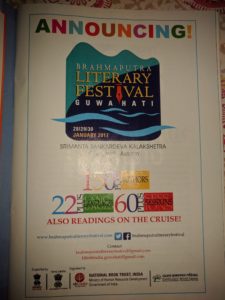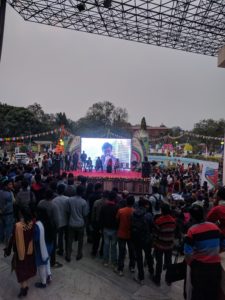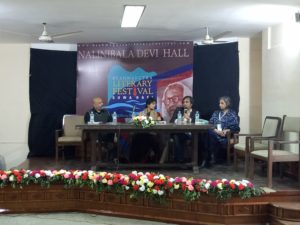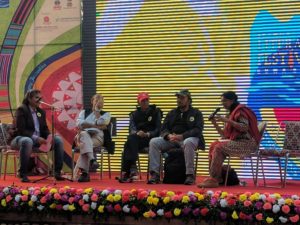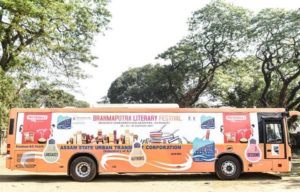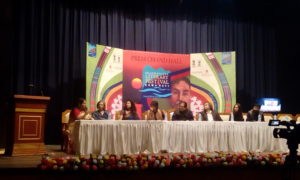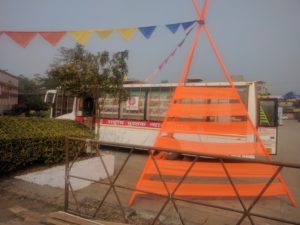Anjali Joseph, “Keeping in Touch”
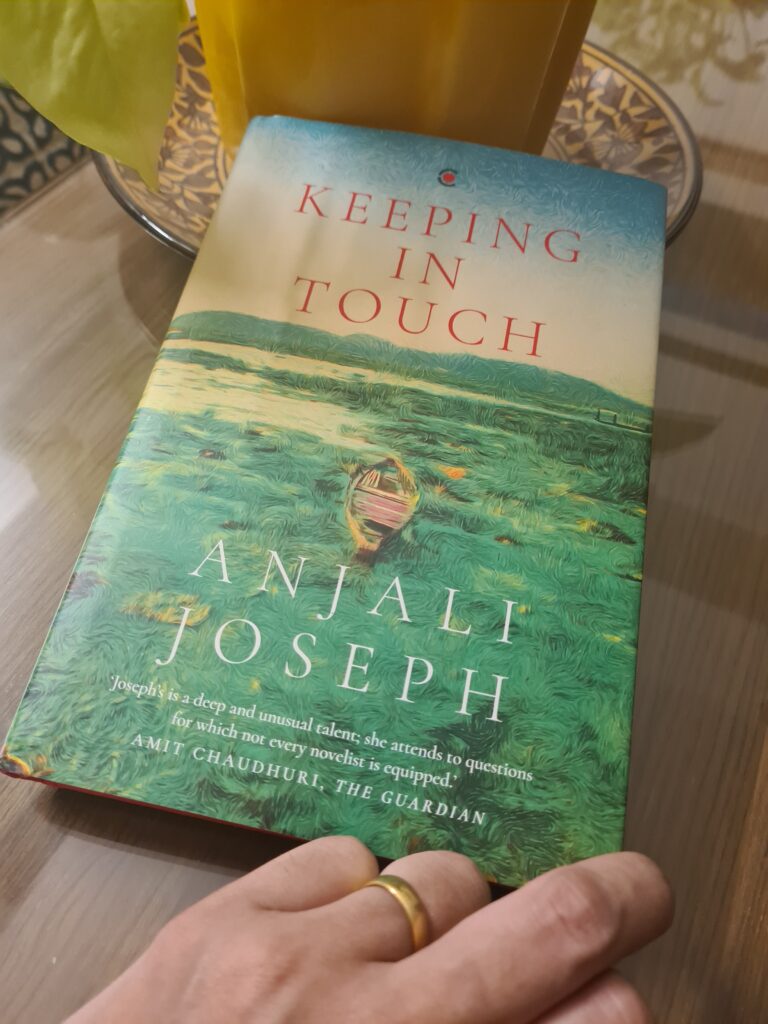
Award-winning writer Anjali Joseph’s Keeping in Touch ( Context, Westland/Amazon) is about Keteki and Ved Ved, both of whom are in their late thirties. (Ved is Ved twice over as the first Ved is the title for a doctor. The second is his name meaning “knowledge”.) They met at the airport while waiting for their respective flights. Coincidentally, one of the projects that Ved is assessing in India for a potential investment has a manufacturing plant in Upper Assam, very conveniently it is close to Keteki’s ancestral home in Jorhat. After a one night stand, Keteki heads off to Guwahati and Ved to London. They exchange phone numbers. Ketkei is a designer. Ved is a venture capitalist. They come across as mildly bored, disengaged with their world, their professional commitments are completed more than successfully but they remain dissatisfed, they seem to be unaffected by anything that happens around them and are always available for a party with like-minded souls. They seem to live lives that would be the envy of many — parties organised at the drop of a hat, jet setting between the UK and India as and when they feel like it, travelling within India upon a whim, an ease that is available to the single and unattached, without any other responsibilities. Even having sex seems to be a “time pass” activity. Yet, slowly and steadily, via text messages, unexpected as well as planned meetings in London, Guwahati and Jorhat, Keteki and Ved begin to get to know each other. It is almost as if they are behaving like teenagers, who are infatuated with each other, but for some reason are unable to express it clearly in words to each other. Although to be fair, Ved does say to Keteki’s uncle that he would like to spend the rest of his life with his niece. Keteki and Ved keep in touch but are unable to make a commitment until Ved decides to quit his job in London, puts his flat on rent and moves to Guwahati to be closer to Keteki. She too has for the moment moved base to the city to be with her aunt.
Anjali Joseph excels in these middle class stories. It is almost as if it is in the spirit of Jane Austen, to polish the two inches of ivory. There is the hustle bustle of the outside world in terms of social engagements and conversations, much of it polite chatter. But the focus of the story remains firmly upon the two main characters. The desis in Keeping in Touch are equally at ease in India or abroad. They have the mobility and grace to move in diverse social circles. Interestingly, this novel is probably a fine example of a new brand of diasporic literature that blends the cultures of the two lands deftly and unapologetically. It is evident in little details such as the use of Assamese words in the course of conversation or to describe dishes. Thankfully not once are these italicised in the text or over explained. Instead they are placed as they are meant to be on the page and the reader has to accept them.
As always, Saurabh Garge’s cover design is perfect. The lone, empty boat, marooned on the river bank is a symbolic image for the two lovers described in the story. It is intriguing. For those wishing to pick up a book based upon its cover, well they are in for a satisfying read.
Keeping in Touch is a very old-fashioned love story in a modern setting. It is beautifully told. It is impossible to put down. It lingers with you long after the book is over.
Read it.
18 June 2021

